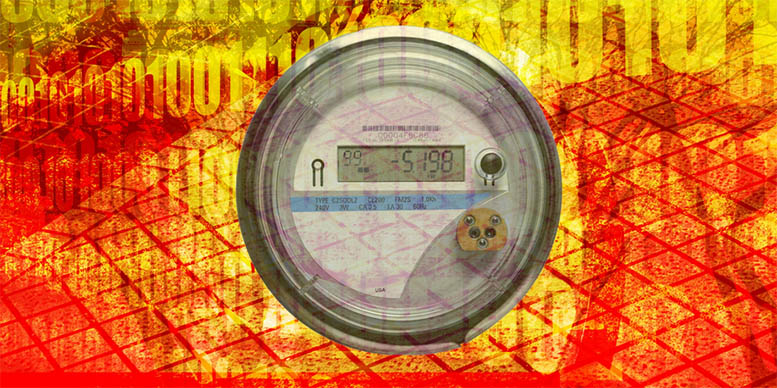Subscribe to:
Post Comments (Atom)
Popular Posts
-
RT had reported that in a secretly unannounced move, President Barack Obama signed an executive order giving the Department of Homeland...
-
marketing READ AND SHARE PLEASE Cannabis sativa hemp, the miracle plant, contains the cure for cancer and other ailments The US Govt ...
-
Major public hearing on radical bills to change society – Massachusetts State House, Tues. July 9. A preview of what may be coming across th...
-
Harrington, of Eagle Point, Oregon, has been fighting for his right to do what he wishes with water since 2002. Now more than a decade after...
-
There over 800 prison camps in the United States, all fully operational and ready to receive prisoners. They are all staffed and even surrou...
-
The Rothschilds have been in control of the world for a very long time, their tentacles reaching into many aspects of our daily lives, as is...
-
All the biggest names in the food business use GMO. All of them! Together these eight companies make up more than 90% of food product insi...
-
Did you know that scientists all over the globe are creating extremely bizarre human-animal chimeras? By Michael Snyder Over the past deca...
-
Belgian Blue cattle are a beef breed from Belgium, known in French as Race de la Moyenne et Haute Belgique. Alternative names include Belgia...
-
We announce the first investigation conducted at the Natural News Forensic Food Laboratory , the new science-based research branch of Natu...


.jpg)

Post a Comment